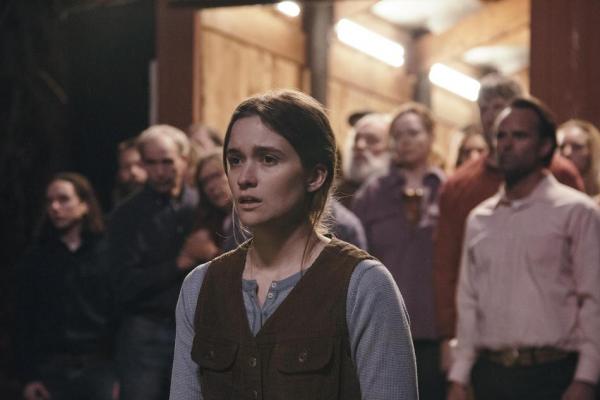Mar 18, 2019
Co-directors and writers Dan Madison Savage and Britt Poulton made Them That Follow out of a shared interest in religious communities, their long-term effects on the people raised in them, and encouraging empathy toward misunderstood population groups. Sojourners spoke with the filmmakers and star Thomas Mann about how those motivations manifest in the film, and how movies can help build our capacity for empathy.
Read the Full Article

Already a subscriber? Login
